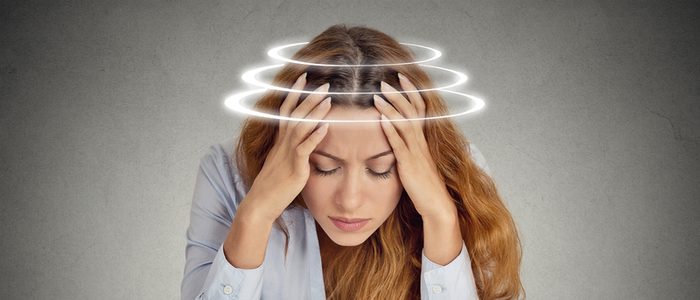
An Overview of Balance Problems
If you have been suffering from dizziness, queasiness, or an inability to stand for more than a few moments at a time, you may be suffering from the onset of serious balance problems. If you have experienced the sensation of spinning or falling even while sitting or lying down, this can also be an indicator that you may have a balance disorder. If this is the case, it's an excellent idea to consult your doctor in order to get your issue properly diagnosed and treated.
What Are The Common Symptoms Of Balance Disorders?
Symptoms commonly associated with a balance order include, but are not limited to, the following:
- The sensation of vertigo (spinning or falling), while standing, or sometimes even when sitting or lying down
- Blurred vision
- Wooziness, sensation that you are on a boat
What Are The Most Common Causes of Balance Problems?
Common causes of balance problems can include the following:
- Problems in the central or peripheral vestibular disorder (disturbances in the region of the inner ear or the brain centers controlling the inner ears)
- Impairment of the vascular system (the system that controls the flow of blood to the brain)
- Problems that originate in the brain or its connecting nerves
What Are The Main Types Of Balance Disorders?
Some of the main types of balance disorders are:
- Benign positional vertigo – A condition that causes vertigo lasting less than a minute when the head is placed in particular positions. It is caused by microscopic crystals of the inner ear getting displaced into the balance canals.
- Ménière's disease - A condition of fluid imbalance in the inner ear that can lead to vertigo, tinnitus, hearing loss and other issues.
- Vestibular migraine – A condition of the brain that affects the function of the balance and the control of eye movement leading to vertigo, imbalance, blurry vision, sometimes ear pressure, ear pain, headaches, pulsatile sound, feeling of being on a boat among others
- Labyrinthitis - An inner ear infection caused by a virus that can cause extreme dizziness and balance problems with hearing loss lasting several weeks.
- Vestibular Neuronitis - A viral infection of the vestibular nerve in the inner ear with no vhearing loss. The vertigo lasts 2-3 weeks.
How Can An Ear, Nose, And Throat Doctor Help?
A qualified ear, nose, and throat (ENT) doctor can solve, or greatly alleviate, your balance issues by treating you for such common disorders as Meniere’s disease, benign positional vertigo, vestibular migraine, among others. Other causes of balance issues, such as Ménière's disease, can be treated with injections into the ear and other forms of medical treatment. If you suspect that you are suffering from balance issues, you should contact an ENT specialist immediately.

